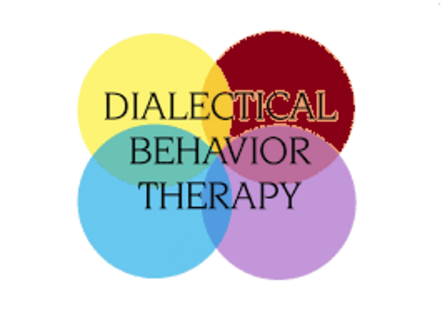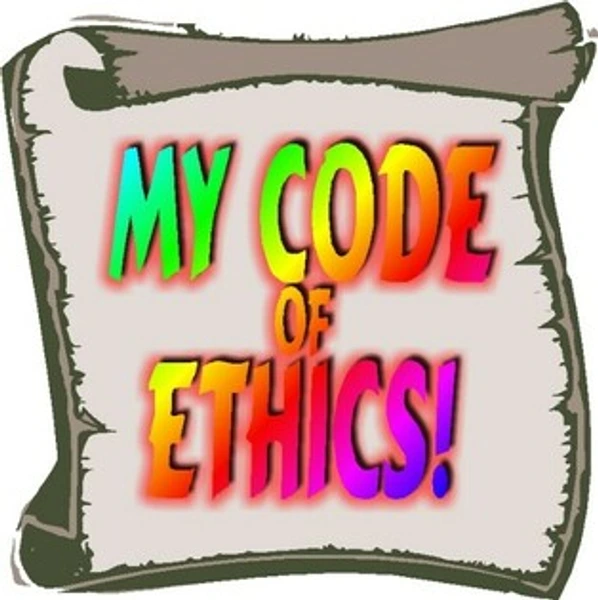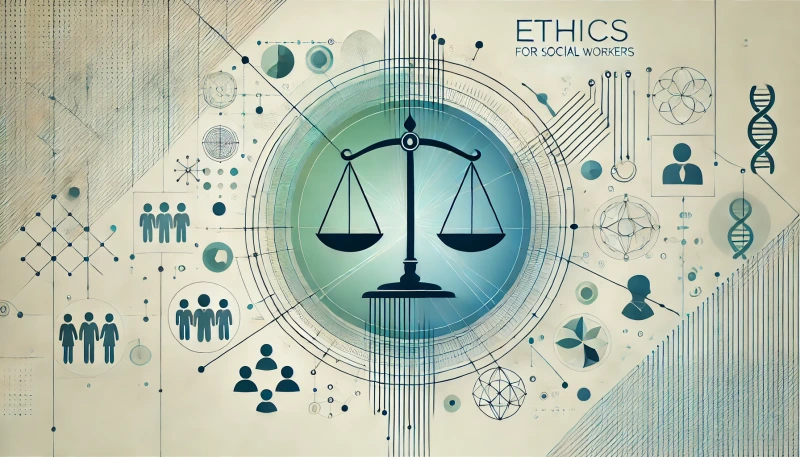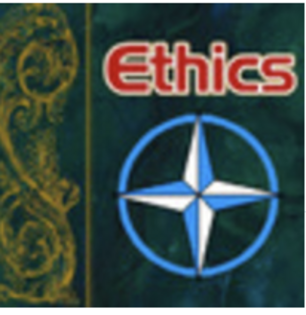Sort By:
Amount of CEs
Price
Date
Reset All
Friday, May 9th, 2025 10:00 AM EDT

Reviews
Tuesday, May 13th, 2025
Class 1: 10:00 AM EDT
Class 2: 1:45 PM EDT

Reviews
Tuesday, May 13th, 2025 10:00 AM EDT

Reviews
Tuesday, May 13th, 2025 1:45 PM EDT

Reviews
Wednesday, May 14th, 2025 1:45 PM EDT

Reviews
First of Multiple Workshop Times:
Thursday, May 15th, 2025
8:30 AM EDT

Reviews
Friday, May 16th, 2025 10:00 AM EDT

Reviews
Sunday, May 18th, 2025
Class 1: 10:00 AM EDT
Class 2: 1:45 PM EDT

Reviews
Sunday, May 18th, 2025 10:00 AM EDT

Reviews
Sunday, May 18th, 2025 1:45 PM EDT

Reviews
Tuesday, May 20th, 2025 10:00 AM EDT

Reviews
First of Multiple Workshop Times:
Tuesday, May 20th, 2025
10:00 AM EDT

Reviews
Tuesday, May 20th, 2025 11:45 AM EDT

Reviews
Tuesday, May 20th, 2025 2:00 PM EDT

Reviews
Wednesday, May 21st, 2025 10:00 AM EDT

Reviews
First of Multiple Workshop Times:
Wednesday, May 21st, 2025
10:00 AM EDT

Reviews
Thursday, May 22nd, 2025 10:00 AM EDT

Reviews
Friday, May 23rd, 2025 11:00 AM EDT

Reviews
Sunday, May 25th, 2025 1:45 PM EDT

Reviews
Wednesday, May 28th, 2025 10:00 AM EDT

Reviews
Wednesday, May 28th, 2025
Class 1: 10:00 AM EDT
Class 2: 1:45 PM EDT

Reviews
Wednesday, May 28th, 2025 1:45 PM EDT

Reviews
Thursday, May 29th, 2025 1:45 PM EDT

Reviews
Friday, May 30th, 2025 10:00 AM EDT

Reviews
Sunday, June 1st, 2025
Class 1: 10:00 AM EDT
Class 2: 1:45 PM EDT

Reviews
Sunday, June 1st, 2025 10:00 AM EDT

Reviews
Sunday, June 1st, 2025 1:45 PM EDT

Reviews
Wednesday, June 4th, 2025
Class 1: 10:00 AM EDT
Class 2: 1:45 PM EDT

Reviews
Wednesday, June 4th, 2025 10:00 AM EDT

Reviews
Wednesday, June 4th, 2025 1:45 PM EDT

Reviews
Thursday, June 5th, 2025 10:00 AM EDT

Reviews
Thursday, June 5th, 2025
Class 1: 10:00 AM EDT
Class 2: 1:45 PM EDT

Reviews
Thursday, June 5th, 2025 1:45 PM EDT

Reviews
Friday, June 6th, 2025
Class 1: 10:00 AM EDT
Class 2: 1:45 PM EDT

Reviews
Friday, June 6th, 2025 10:00 AM EDT

Reviews
Friday, June 6th, 2025 1:45 PM EDT

Reviews
Sunday, June 8th, 2025 10:00 AM EDT

Reviews
Sunday, June 8th, 2025
Class 1: 10:00 AM EDT
Class 2: 1:45 PM EDT

Reviews
Sunday, June 8th, 2025 1:45 PM EDT

Reviews
Tuesday, June 10th, 2025 10:00 AM EDT

Reviews